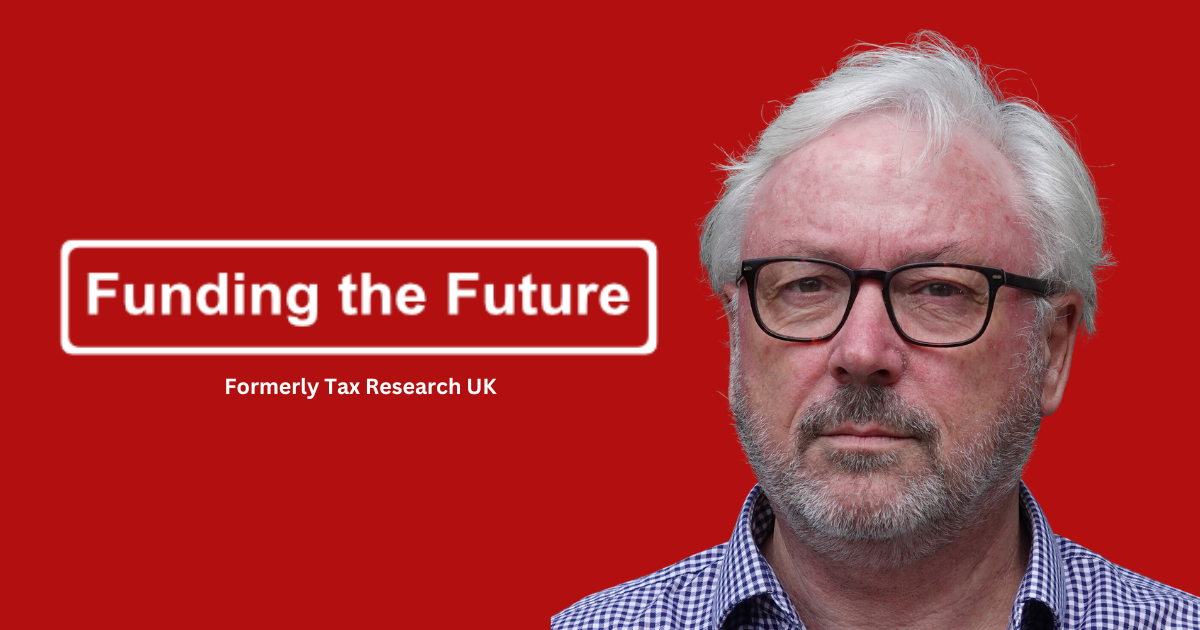You are using an out of date browser. It may not display this or other websites correctly.
You should upgrade or use an alternative browser.
You should upgrade or use an alternative browser.
By how much should the Bank of England increase interest rates in a traditional monetarist economy
- Thread starter lawrence001
- Start date
laughingboy
pfm Member
This article by economist Angus Deaton is a reasoned disavowal of the anti-social economics of the last 50 years. Maybe, just maybe, economics is waking up to the catastrophic social effects that these worshippers of 'market efficiency' have inflicted on Western societies.
Like many others, I have recently found myself changing my mind...
After economists on the left bought into the Chicago School’s deference to markets—“we are all Friedmanites now”—social justice became subservient to markets, and a concern with distribution was overruled by attention to the average, often nonsensically described as the “national interest.”
Like most of my age cohort, I long regarded unions as a nuisance ... and welcomed their slow demise. But today large corporations have too much power... Unions once raised wages for members and nonmembers, they were an important part of social capital in many places, and they brought political power to working people in the workplace and in local, state, and federal governments. Their decline is contributing to the falling wage share, to the widening gap between executives and workers, to community destruction, and to rising populism.
ks.234
Half way to Infinity
This article by economist Angus Deaton is a reasoned disavowal of the anti-social economics of the last 50 years. Maybe, just maybe, economics is waking up to the catastrophic social effects that these worshippers of 'market efficiency' have inflicted on Western societies.
“Economists could benefit by greater engagement with the ideas of philosophers, historians, and sociologists, just as Adam Smith once did”.
Somafunk
pfm Member
This article by economist Angus Deaton is a reasoned disavowal of the anti-social economics of the last 50 years.
That article Popped up on my Twitter feed last night, think it was shared by Jill Rutter who I follow, a good read.
ks.234
Half way to Infinity
“Monetary policy is not a mechanism to control inflation.
I hate to point out the obvious, but someone has to do it.”

I hate to point out the obvious, but someone has to do it.”

Lessons from Japan and the Bank of England: monetary policy cannot be used to control inflation
As the FT reports this morning: The Bank of Japan has ended an era of negative interest rates, raising borrowing costs for the first time since 2007 in a historic shift as the country puts decades of deflation behind it. Kazuo Ueda, the BoJ governor, brought an end to more than a...
www.taxresearch.org.uk

